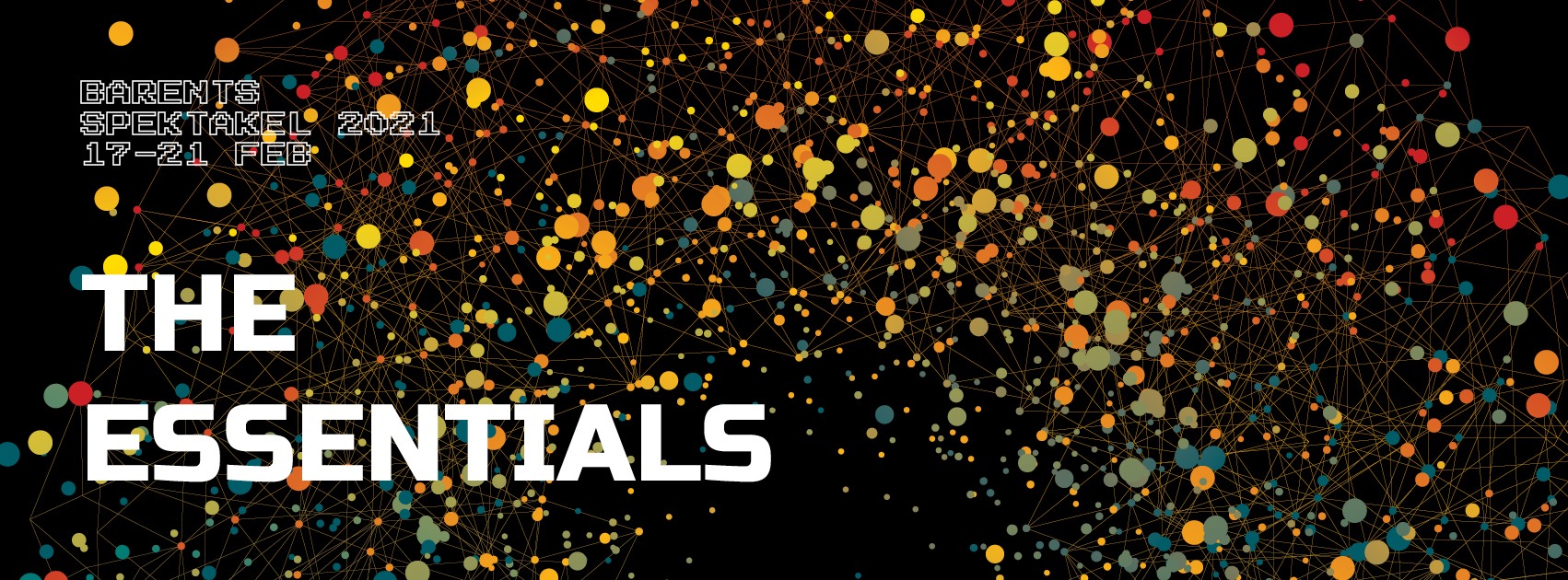-
Braiding Friction | biofriction
It is our great pleasure to announce details about the upcoming online event series ‘Braiding Friction’, conceived by the Biofriction network with Hangar.org, Cultivamos Cultura, Galerija Kapelica / […]
-
STAY TOGETHER APART – AND A CRISIS QUOTE OF THE DAY
“As far as the posthuman debate is concerned, there are no grounds for plunging into melancholy metaphysical ruminations about the end of the world. We need […]
